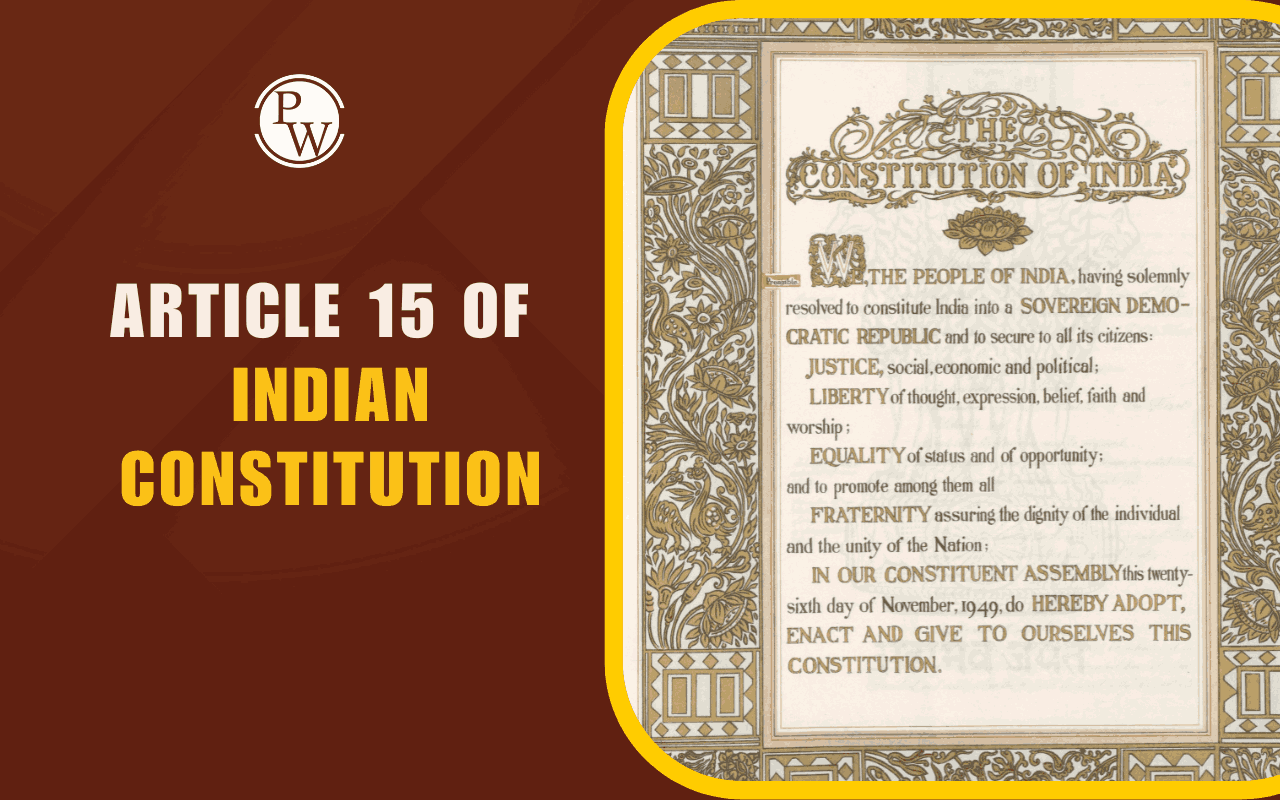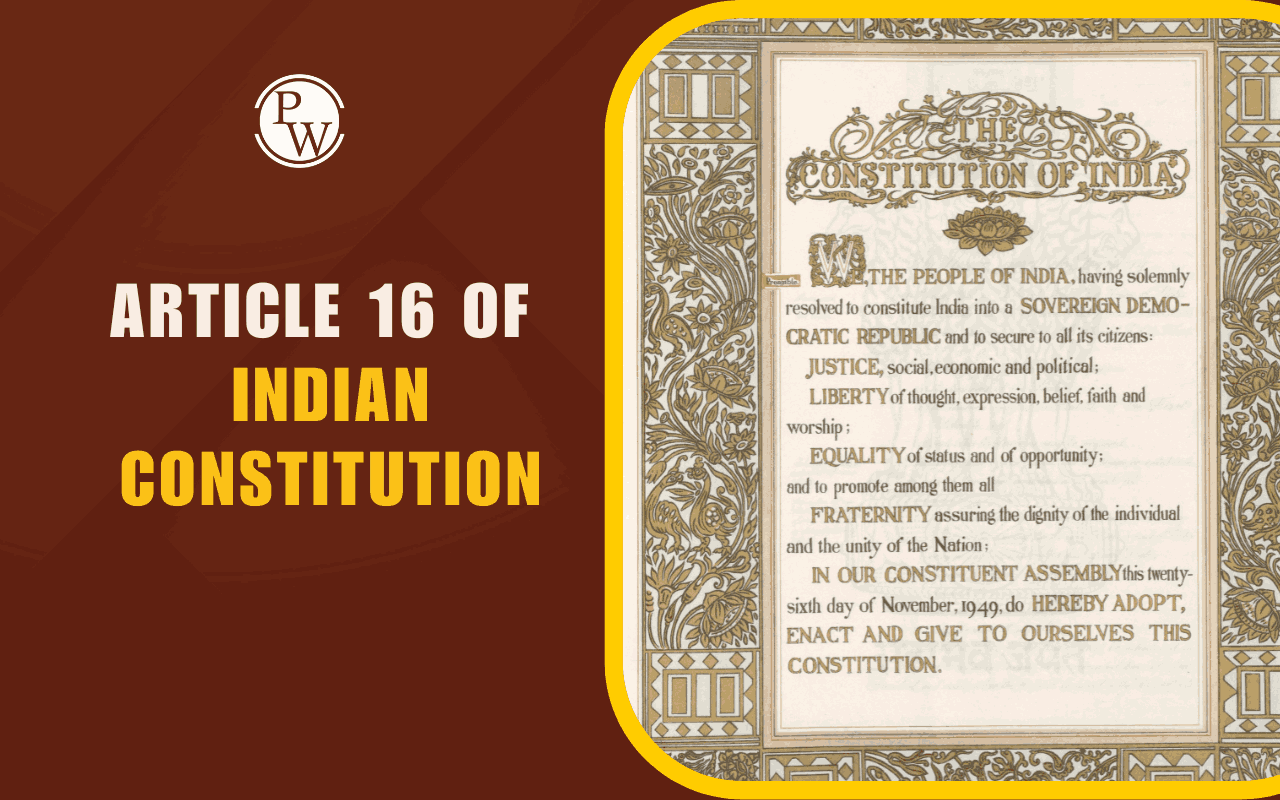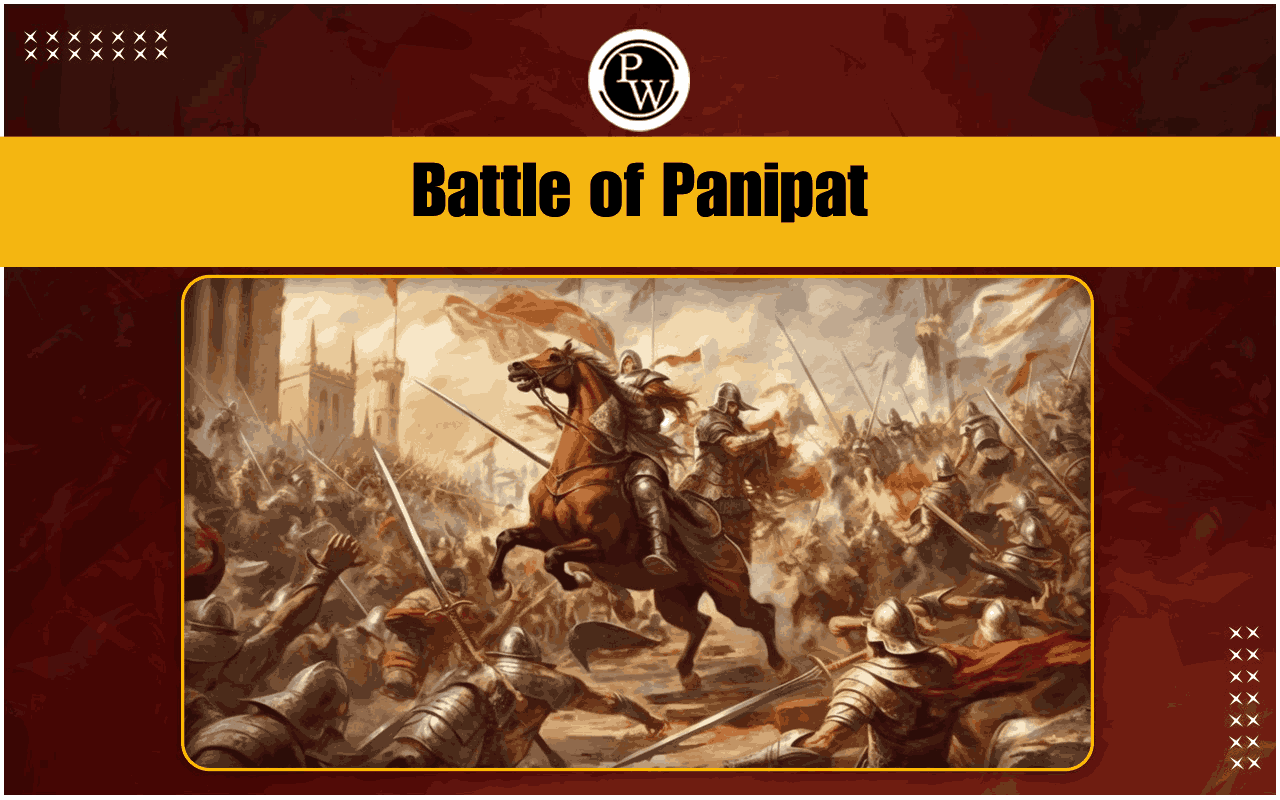

Rule of Law is one of the fundamental principles which has formed the backbone of democratic society. It ensures that no one is above the law and this law will only govern a nation, rather than unplanned and lack of strategic decisions by any specific government officials. From ancient civilizations to modern democracies, the concept of the Rule of Law has been evolved completely to protect rights, uphold justice, and maintain order.
We have created this informative guide through which you can explore what is the rule of law, its definition, history, role in India, and key distinctions between the Rule of Law and the Rule by Law.
Meaning of the Rule of Law
According to Prof. A.V. Dicey, “the rule of law means the absolute supremacy or predominance of the regular law as opposed to the influence of arbitrary power and excludes the existence of arbitrariness or even of wide discretionary authority on the part of the government.” (The Law of the Constitution) He regarded the rule of law as the bedrock of the British Legal System: ‘This doctrine is accepted in the constitutions of U.S.A. and India.
Definition of the Rule of Law
The definition of the Rule of Law varies depending on the legal system or scholar, but the most widely accepted definitions focus on the following aspects:
- Supremacy of Law : No person, institution, or government is above the law.
- Equality Before the Law : Every individual is treated equally in the eyes of the law.
- Accountability : Public officials are also bound by the same laws as ordinary citizens and are accountable for their actions.
- Legal Certainty : Laws are clear, predictable, and applied consistently.
According to modern democratic systems, the Rule of Law is essential for protecting fundamental rights, preventing arbitrary governance, and promoting social justice.
History of the Rule of Law
The origins of the Rule of Law theory can be traced back to the Ancient Romans during the formation of the first republic; it has since been championed by several medieval thinkers in Europe such as Hobbs, Locke and Rousseau through the social contract theory.
Indian philosophers such as Chanakya have also espoused the rule of law theory in their own way, by maintaining that the King should be governed by the word of law. The concept of Rule of Law is that the state is governed, not by the ruler or the nominated representatives of the people but by the law.
The expression ' Rule of Law ' has been derived from the French phrase ' la principle de legalite ', i.e. a Government based on the principles of law.
In the 13th century, the Magna Carta of England (1215) became a milestone in the development of the Rule of Law. This document defined the king's powers and declared that no one, including the monarch, was supreme to the law. The Magna Carta's ideas influenced legal systems worldwide and laid the foundation for modern constitutional law.
After that, philosopher John Locke and legal scholar A.V. Dicey refined this concept. Dicey’s famous work "Introduction to the Study of the Law of the Constitution" (1885) articulated the three core principles of the Rule of Law :
- The absence of arbitrary power
- Equality before the law
- The protection of individual rights through common law courts.
Rule of Law in India
The Constitution of India provides that the constitution shall be the supreme power in the land and the legislative and the executive derive their authority from the constitution. Any law that is made by the legislative has to be in conformity with the Constitute failing which it will be declared invalid, this is provided for under Article 13 (1).
-
Constitutional Framework
: The
Constitution of India
establishes the supremacy of law.
Article 14 of the Constitution
ensures "equality before the law" and "equal protection of the law," highlighting the core of the
Rule of Law
.
- Article 21: The right to life and personal liberty cannot be curtailed except by procedure established by the law under Article 21.
-
Judicial Interpretation
: Indian courts, especially the Supreme Court, have played a vital role in upholding the Rule of Law.
- In landmark cases like Kesavananda Bharati v. State of Kerala (1973), the Supreme Court held that the Rule of Law is part of the basic structure of the Constitution.
-
Executive Accountability
: In India, the judiciary guarantees that the actions of the executive and legislative governments are within the bounds of the law.
- The judiciary has the power of judicial review and to strike down any law or action that violates the Rule of Law.
Rule of Law Index
The Rule of Law Index is a specific tool which is designed and developed by the World Justice Project to measure how the Rule of Law is experienced and perceived across different countries . The index evaluates factors such as accountability, the clarity of laws, and the absence of corruption. A high ranking on the Rule of Law Index indicates strong compliance with the Rule of Law, contributing to democratic governance and social stability. Countries are ranked based on their performance in areas like government accountability, fundamental rights, and access to justice.
Exceptions to the Rule of Law in India
Though the Rule of Law is a milestone in the journey of Indian democracy, certain exceptions also exist, mostly in emergencies or where laws grant special powers. Some of the key exceptions to the rule of law in India include:
- State of Emergency : Specific fundamental rights can be suspended during a national emergency. For example, under Article 352 of the Constitution, the government can bypass certain legal checks.
- Preventive Detention Laws : In India, laws like the National Security Act (NSA) and the Public Safety Act authorise preventive custody without trial for individuals considered a threat to national security. These laws raise questions about violations of the Rule of Law in specific situations.
- Armed Forces Special Powers Act (AFSPA) : In certain "disturbed areas," the AFSPA grants extraordinary powers to armed forces, a sort of immunity from prosecution for certain acts. This act has faced criticism for violating the principle of equality before the law.
- Immunity to President and Governor : The President and Governors enjoy certain immunities under the Constitution, which can limit accountability for their actions.
- Equality Before Law : While Article 14 of the Constitution guarantees equality before the law, social, economic, and political inequalities can hinder the true implementation of this principle in practice.
- Discretionary Powers of a Governor : The discretionary powers granted to Governors in certain situations can lead to arbitrary decisions that may not align with the principles of the Rule of Law.
While such exceptions exist to address national security concerns, they are often subjected to judicial scrutiny to prevent abuse.
Rule of Law vs Rule by Law
It might sound similar but the Rule of Law and the Rule by Law differ in practice. Rule of Law means laws are intended to promote fairness and are applied equally. On the other hand, Rule by Law refers to the mere existence of laws, which may be used to control or oppress the people.
| The phrase "Lex est Rex" vs. "Rex est Lex" highlights a fundamental distinction in governance. "Lex est Rex," meaning "the law is king," supports the idea that laws govern society, while "Rex est Lex," meaning "the king is law," indicates that the ruler's whims substitute legal frameworks. The former aligns with the principles of the Rule of Law . |
- Rule of Law highlights justice, equality, and protection of fundamental rights. It ensures laws are not arbitrary and are made through a democratic process.
- Rule by Law exists in authoritative governments, where laws are used as tools of control rather than tools of justice.
| Rule of Law vs Rule by Law | ||
| Aspect | Rule of Law | Rule by Law |
| Definition | Laws govern the society, ensuring justice, equality, and fairness. | Laws are used as tools of control, often lacking justice or fairness. |
| Accountability | Both citizens and government are accountable to the law. | Laws may be manipulated by those in power for control. |
| Equality | Promotes equality before the law. | Can allow discrimination or unequal treatment. |
| Purpose | To protect individual rights and promote justice. | To maintain control, often at the expense of rights. |
| Application | Fair, transparent, and consistent application of laws. | Laws are applied selectively to benefit certain groups. |
Benefits of Effective Rule of Law
An effective application of the Rule of Law can get the multiple benefits to the society and ultimately to the nation:
- Protection of Rights : It safeguards individual freedoms and ensures that people’s rights are protected against arbitrary use of power.
- Promotes Equality : An effective rule of law ensures equality before the law , promoting fairness and non-discrimination in society.
- Prevents Corruption : Transparent legal systems can reduce the rate of corruption by holding individuals and institutions accountable for their actions.
- Encourages Economic Development : Legal certainty allows businesses and individuals to operate within a predictable framework, which promotes economic growth and investment.
Challenges to the Rule of Law
Despite its effective benefits and noteworthy importance, the Rule of Law also faces many challenges:
- Corruption and Inequality : In many countries, corruption damages the Rule of Law, with certain individuals or groups receiving preferential treatment.
- Weak Institutions : In places where the judiciary or law enforcement is weak, the enforcement of laws becomes inconsistent.
- Political Interference : Political players may try to influence judicial processes while compromising the independence of the judiciary.
- Overreach of Laws : Certain laws which are related to national security or emergency powers, can be misused to violate civil liberties, creating exceptions to the Rule of Law.
Suggestions to Overcome Challenges to the Rule of Law
To enhance the effectiveness of the Rule of Law and address its challenges, the following suggestions can be considered:
- Strengthening Judicial Independence : Ensuring that the judiciary operates freely from political influence is essential for upholding the Rule of Law .
- Promoting Transparency and Accountability : Establishing mechanisms for transparency in government actions can help reduce corruption and enhance public trust.
- Legal Education and Awareness : Educating citizens about their rights and the legal framework can empower them to seek justice and hold authorities accountable.
- Reform of Laws : Reviewing and amending laws that grant excessive powers to authorities can help mitigate the risk of misuse and ensure compliance with the Rule of Law .
Conclusion
The Rule of Law ensures fairness, equality, and justice for all. In India, the Rule of Law is glorified in the Constitution and upheld by the judiciary. However, exceptions to the Rule of Law exist, particularly during emergencies and under specific laws like the AFSPA and preventive detention laws. Despite these challenges, the Rule of Law remains crucial for safeguarding individual rights and promoting democratic governance.
Looking for guidance in UPSC preparation? Enroll in the best courses offered by Physics Wallah!
| UPSC Related Articles | ||
| UPSC Prelims Questions | NCERT for UPSC Exam 2025 | UPSC Mains Admit Card |
| UPSC Mains Exam Pattern | UPSC Scholarship Test | UPSC Result |
Rule of Law FAQs
Q1. What do you mean by the Rule of Law?
Q2. What is the definition of the Rule of Law?
Q3. What are the three principles of the Rule of Law?
Q4. Who introduced the Rule of Law in India?
Q5. What is the difference between the Rule of Law and the Rule by Law?
Q.6 Are there exceptions to the Rule of Law in India?












